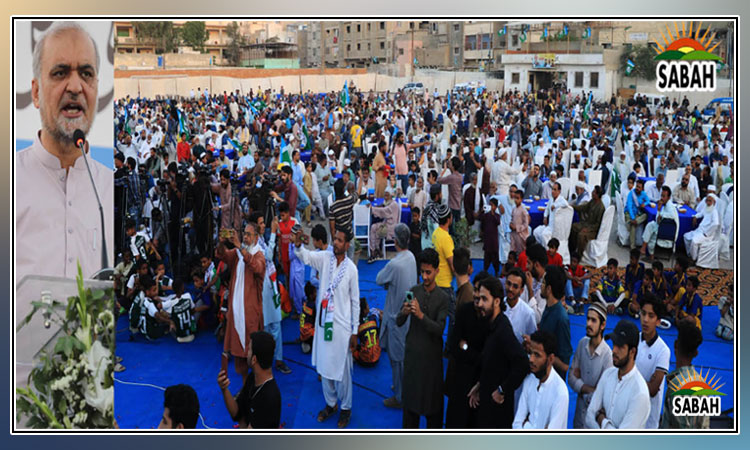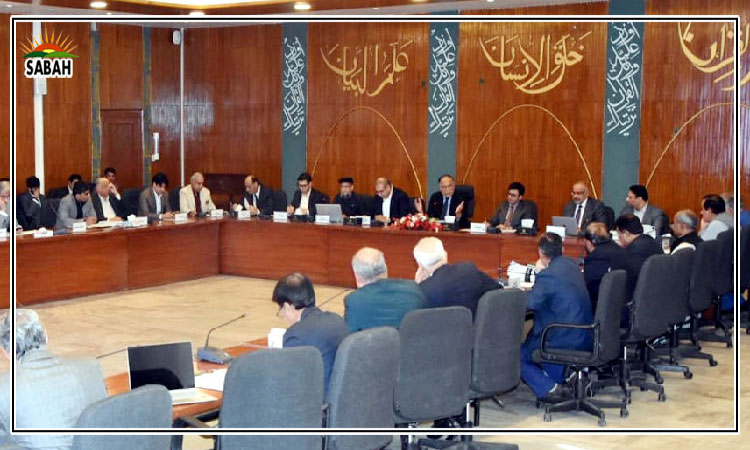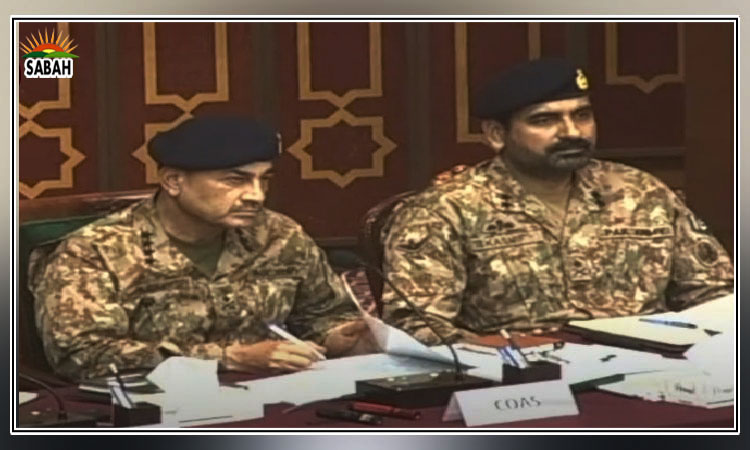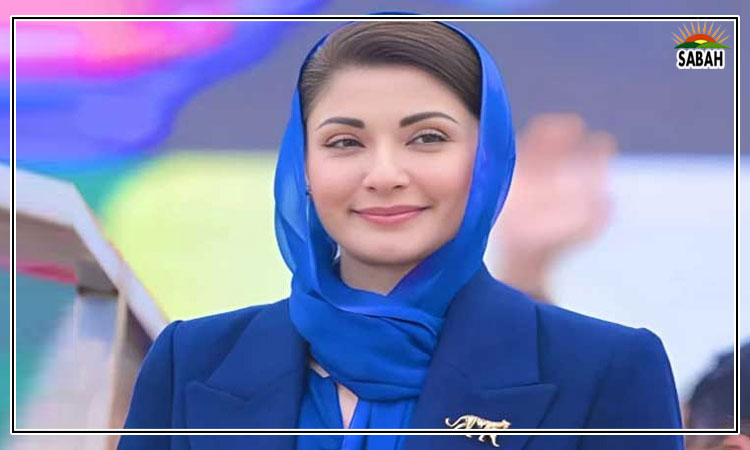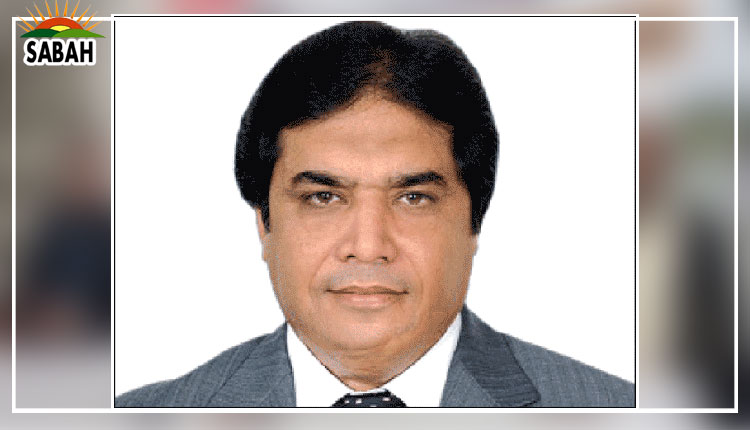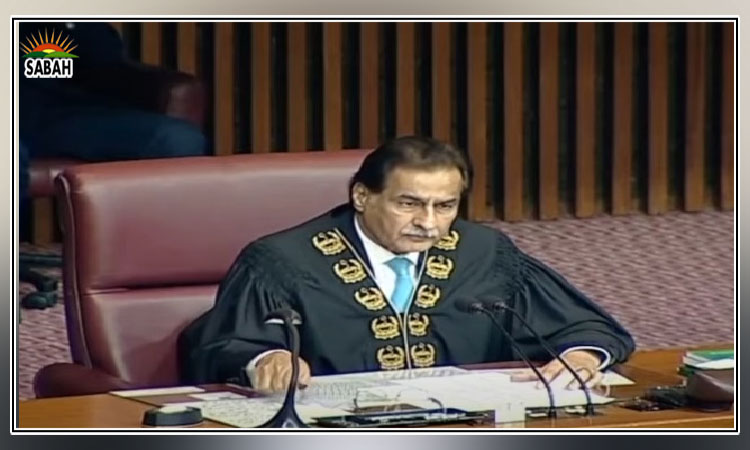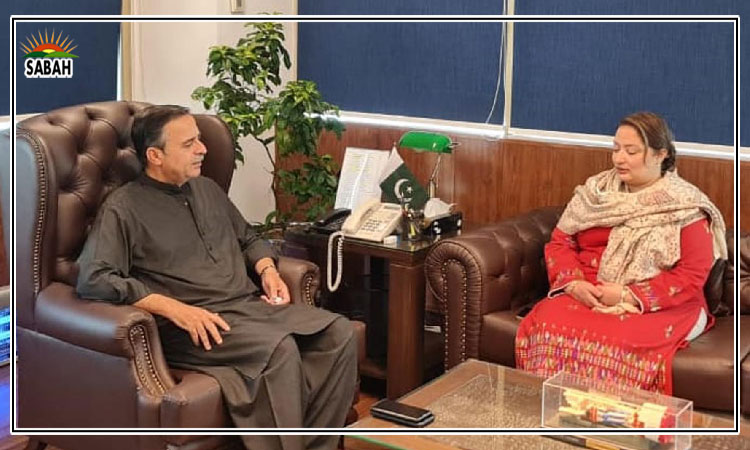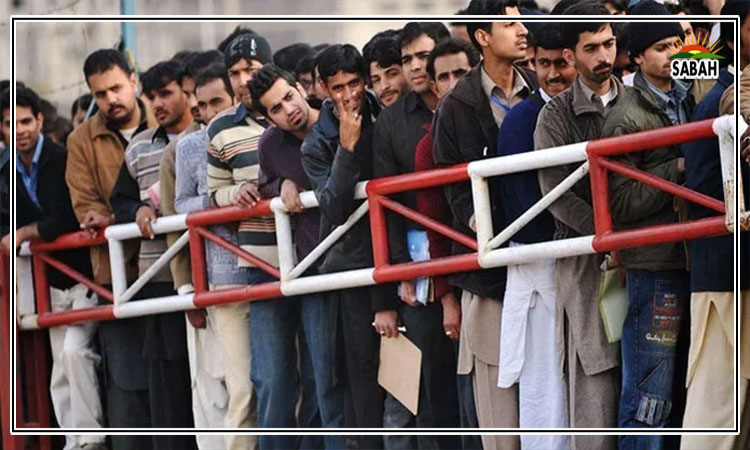Can the youth run Pakistan? …Mustafa Tariq Wynne
Half of the world’s population is under 30 years old, mirroring a similar trend in Pakistan, where 64 per cent of the population falls within this age group
One would expect this to herald a promising future, with vibrant, talented minds poised to contribute to the advancement of their nations. However, the reality paints a different picture. Despite their numbers, young voices are often sidelined. Older generations keep holding power with outdated governance methods, reminiscent of a bygone era and failing to resonate with the needs and aspirations of the youth.
Thus, despite the demographic advantage, the full potential of our young population remains untapped, overshadowed by a reluctance to embrace change and a failure to recognize the evolving dynamics of our modern world.
Talking in terms of electoral numbers, according to the Election Commission of Pakistan voter data. 44.1 per cent of the total registered voters (or 56.8 million voters) are aged between 18-35. Also, as per Gallup Pakistan’s exit polls, the Feb 8 elections saw the highest-ever voter turnout at 48 per cent, 11 per cent higher than the 2018 general elections.
Keeping in mind this huge number, only 10 out of the 265 recently elected members of the National Assembly of Pakistan are aged between 26 and 35, which is less than 4.0 per cent according to data collected by Geo News.
Politicians from all sides in Pakistan love to talk about the potential of young people in Pakistan. They hype them up during elections to get those crucial votes. But when it comes down to actually empowering the youth, let’s just say that their actions do not match their words.
Politically, there is resentment for the youth; they are seen as irresponsible and troublemakers, not mature enough for a seat at the table and to be making decisions for themselves and future generations. While they are encouraged to become bankers, doctors, and engineers, it is indeed sacrilegious to even think about them becoming politicians.
The resentment is real because there are no avenues for the youth to use and prove their leadership skills. For example, there has been a blanket ban on student unions in Pakistan for the past four decades and despite promises, student unions remain banned in the country. So there goes the very breeding ground for future political leaders where they could not only theoretically learn about democracy but also practice it.
Many political leaders who have had the political acumen to make a dent in national politics or play a role in one era or another have come through student unions. Raza Rabbani, Jahangir Bader, Pervaiz Rashid are some of the names who made it big in politics without having any dynastic political background or old money backing their candidatures.
Then comes the option of local government elections: we have seen time and again how political parties have hesitated to hold local government elections in the provinces and the federal capital. Even when they do, with court intervention, the institutions of local government remain weak, with most powers resting with the unelected bureaucracy and development funds residing with MPAs and MNAs.
There is also no mechanism within political parties to identify young leaders within party structures and make them part of the leadership or at least train them for future leadership. They do give breaks to young family members of political dynasties who are loyal to the party or can win them the seat, both reasons being cynical and not even close to their altruistic slogans of youth empowerment.
According to the Be Seen Be Heard Global Youth Survey, a significant majority shares the sentiment that the current age representation in politics is unfair. Sixty-nine per cent of people among all age brackets agree that providing more avenues for younger individuals to participate in shaping policy would enhance the effectiveness of political systems.
Political parties need to understand that Pakistan’s complex problems require a wholesome and inclusive approach if we are to seriously consider solving them. These existential issues range from climate change, threats to democracy, the weak economy, unemployment, extremism, and so much more.
Decisions that affect future generations cannot be taken in isolation. We ought to move beyond sloganeering and rhetoric now. The youth should be empowered the same way the interests of the elite are protected and given state patronage.
For democracy to thrive, the economy to flourish and issues like climate change to be tackled, the youth must be given serious representation across national, provincial, and local governments.
The writer is a youth activist. He tweets/posts: @mustafa_wynne
Courtesy The News


